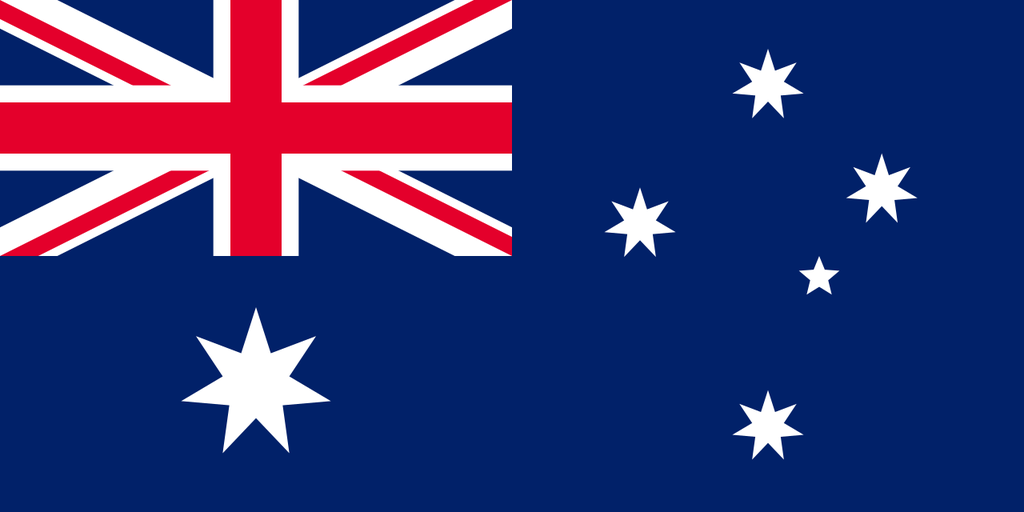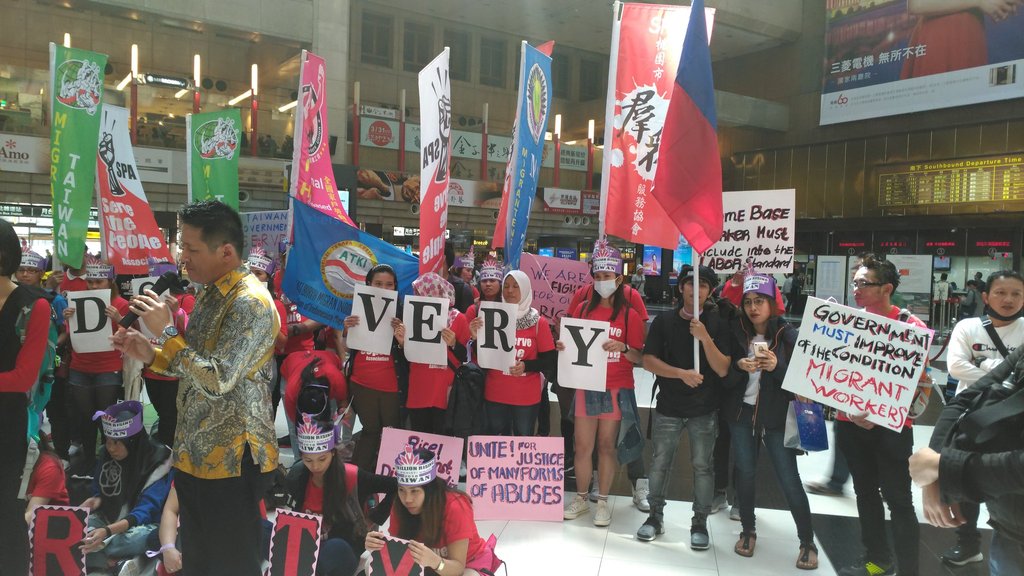The corporate responsibility to respect includes ensuring that their activities do not cause or contribute to contemporary forms of slavery in the workplace, and taking steps to stop it from happening in supply chains and elsewhere.Ban Ki-moon, UN Secretary-General, message on the International Day for the Abolition of Slavery 2011
According to the International Labour Organisation (ILO) around 40 million men, women and children around the world are victims of modern slavery: 24.9 million are in forced labour of which an estimated 16 million are in forced labour in the private economy. The illicit profit estimated by the ILO is $150 billion a year, much of it in corporate supply chains.
The recent growth of modern slavery can be connected to a number of geopolitical issues, including: increasing poverty and inequality, global conflicts and the consequent large scale population movements, as well as consumer demand for ever more things at lower cost.
Our reports and analyses have highlighted the limits of transparency-based regulation. We work with a number of key partners and allies to engage in advocacy around the need for mandatory human rights due diligence legislation to protect workers in global supply chains.
In the UK, we are also part of the Modern Slavery Strategy and Implementation Group which advises the UK government on how to implement and strengthen the transparency in supply chains provision (S.54) of the UK Modern Slavery Act.
We are working with our partners Humanity United, Verité and Sustainalytics on the KnowTheChain benchmarks. Supported by more than 160 global investors, the benchmarks assess the 180 largest global companies in three high-risk sectors on their efforts to address forced labor risks in their supply chains.
Previously, the Modern Slavery Registry tracked compliance with the UK Modern Slavery Act, the Australian Modern Slavery Act, and the California Transparency in Supply Chains Act. The Registry closed following the UK Government's announcement it will launch its own public registry of modern slavery statements in 2021. A database of historical modern slavery statements published by over 18,000 companies previously held on the Modern Slavery Registry can be found here.
From us
2021 KnowTheChain Apparel & Footwear Benchmark
KnowTheChain’s third apparel and footwear sector ranking found that the 37 largest global companies fail to stand up for workers who face exploitation and are struggling to survive.
UK Modern Slavery Act: Missed opportunities and urgent lessons
Key findings and reflections from five years of analysing modern slavery reporting
Beyond compliance in the financial sector: Assessing UK Modern Slavery Act statements produced by asset managers
BHRRC, Walk Free and WikiRate assess modern slavery reporting by 79 asset managers.
Modern Slavery in the Global Hotel Sector
Business & Human Rights Resource Centre and Walk Free assess modern slavery reporting by 71 global hotel companies
Establishing a Modern Slavery Act in Australia
Background and latest news
Out of Sight
Modern slavery in Pacific supply chains of canned tuna
International Legislation
Modern slavery in company operations and supply chains: Mandatory transparency, mandatory due diligence and public procurement due diligence
FTSE 100 and the UK Modern Slavery Act
From disclosure to action
First Year of FTSE 100 Reports under the UK Modern Slavery Act
Towards Elimination?
Modern Slavery Registry Archive
A database of historical modern slavery statements published by over 18,000 companies previously held on the Modern Slavery Registry


